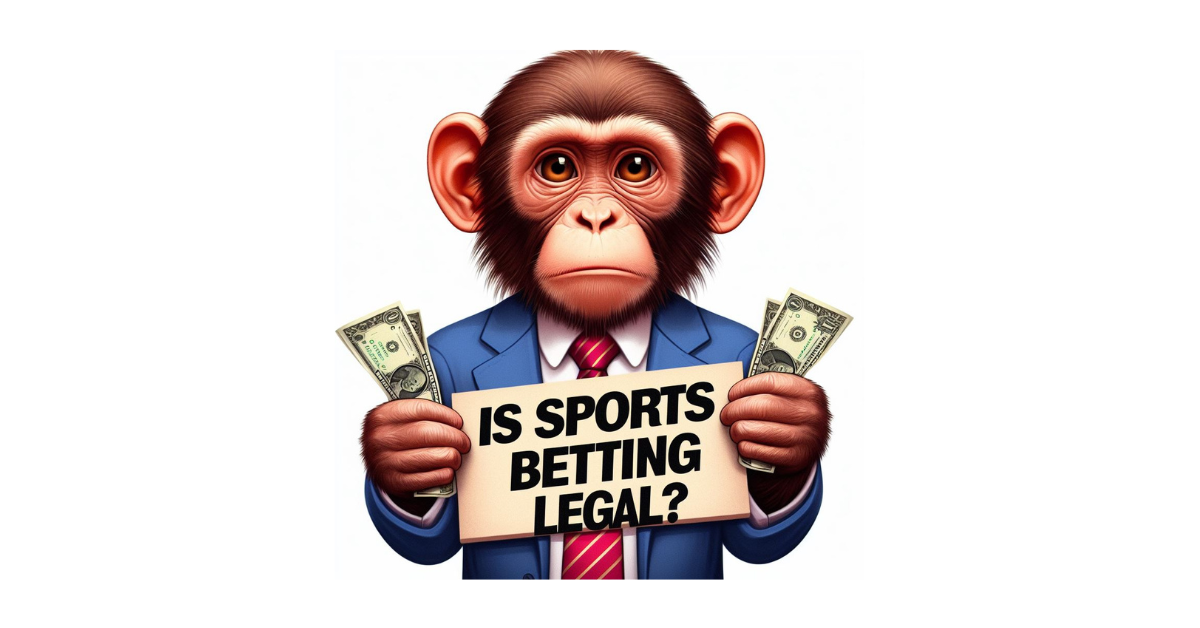What is the current legal status of sports betting?
Currently, the legal status of sports betting varies significantly from country to country. In some regions, such as the United States, certain states have legalized sports betting following the repeal of the Professional and Amateur Sports Protection Act in 2018. This has resulted in a surge of interest and investments in the industry, with many states having active sports betting markets.
On the other hand, some countries have stringent laws prohibiting sports betting altogether, citing concerns about match-fixing, corruption, and addiction. In such nations, engaging in sports betting can lead to severe legal consequences, including fines and imprisonment. Despite the evolving landscape, the legal status of sports betting continues to be a complex and debated issue worldwide.
How has the legality of sports betting evolved over time?
The legality of sports betting has undergone significant changes over the years. In the past, most countries had strict regulations prohibiting any form of sports betting due to concerns about match-fixing, corruption, and addiction. However, as societal attitudes towards gambling have shifted and the potential economic benefits have become apparent, many jurisdictions have started to legalize and regulate sports betting activities.
This evolution has been fueled by the recognition of the demand for sports betting services and the desire to minimize illegal gambling operations. By legalizing and regulating sports betting, governments aim to protect consumers, ensure fairness in sports competitions, and generate tax revenues. As a result, we have witnessed a gradual shift towards a more permissive approach to sports betting in various parts of the world, with many countries now having established legal frameworks to govern this popular form of entertainment.
What are the key regulations governing sports betting in different countries?
Sports betting regulations vary significantly from country to country, with each nation enacting its own set of laws to govern this industry. For example, in the United States, the regulation of sports betting falls under the jurisdiction of individual states following the Supreme Court’s 2018 decision to lift the federal ban. This has led to a patchwork of regulations, with some states permitting online sports betting, while others only allow in-person wagering at designated locations.
On the other hand, European countries like the United Kingdom have a more centralized approach to sports betting regulation. The UK’s Gambling Commission is responsible for overseeing all forms of gambling, including sports betting, to ensure fair play and protect consumers. Licensing requirements, strict advertising standards, and responsible gambling measures are all key components of the regulations governing sports betting in the UK.
Are there any restrictions on who can participate in sports betting?
In many countries, there are age restrictions in place for individuals looking to participate in sports betting. This is primarily to protect minors from engaging in such activities, as they are considered not mature enough to make informed decisions on gambling. The legal age for sports betting can vary from country to country, with some requiring individuals to be at least 18 years old, while others set the minimum age at 21.
Additionally, some jurisdictions impose restrictions on individuals with certain professions, such as athletes, coaches, or sports officials, from participating in sports betting. This is to prevent conflicts of interest, match-fixing, or other unethical behaviors that could undermine the integrity of sports competitions. These restrictions are aimed at maintaining fairness and transparency in sports betting markets.
What are the potential risks associated with illegal sports betting activities?
Illegal sports betting activities pose a myriad of risks for both individuals and society as a whole. One significant risk is the lack of consumer protection measures in place, leaving bettors vulnerable to fraud, scams, and exploitation by unscrupulous operators. Without the oversight of regulatory bodies, there is a higher likelihood of unfair practices such as rigged outcomes, non-payment of winnings, and unauthorized use of personal and financial information.
Furthermore, illegal sports betting can facilitate criminal activities such as money laundering and match-fixing. By operating outside of the law, underground sports betting operations provide a breeding ground for organized crime syndicates to thrive. These illicit activities not only undermine the integrity of sports competitions but also contribute to societal harm by funneling illicit funds into illegal enterprises.















